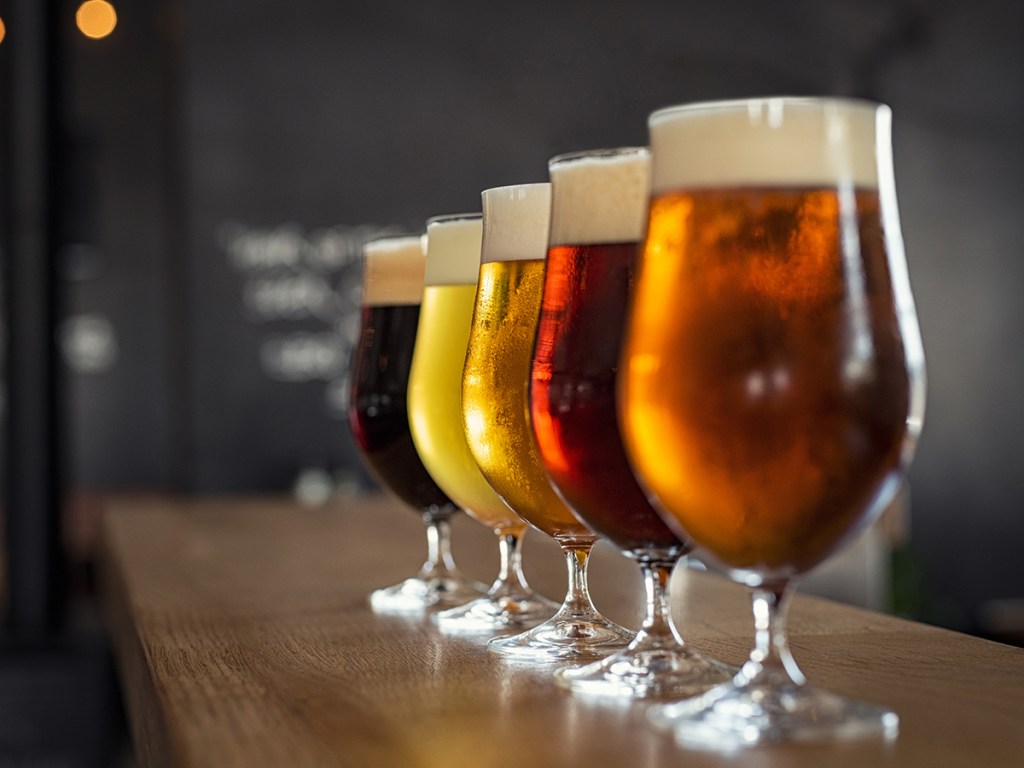New research from the New Zealand Institute of Economic Research (NZIER) reveals that the brewing industry in New Zealand remains a significant contributor to the economy, despite having several years of disruption and supply concerns.
According to the findings, the brewing industry contributes significantly to the economy and generates close to $900 million in revenue for the government.
The findings released this week, follow research commissioned by The Brewers Association of New Zealand to evaluate the brewing industry and its contribution to the economy.
The study reveals the New Zealand brewing industry was worth $3.3 billion in the year to September 2022.
“The brewing industry contributed $896 million last year in GST and excise tax to government revenue,” says Dylan Firth, Executive Director of The Brewers Association of New Zealand.
“Excise tax increased in line with inflation by 6.9% in 2022, the largest spike in 30 years. In the year to November 2022, alcohol was responsible for $1.22 billion of excise taxes and duties. Beer alone contributing $401 million.”
Firth says the brewing sector, like many in New Zealand, is seeing a recovery that has brought it back to levels seen before the pandemic.
“And while the sector has grown in value, overall consumption has remained steady,” he says.
“Beer sales volumes data from Stats NZ indicated that New Zealanders consumed more than 296 million litres of beer for the year to September 2022, up 5 million litres from the same period in 2021.
“Total consumption has remained at about 290 million litres annually since 2016; however, with population growth, the per capita consumption rate has declined.”
Firth says the report highlights how we have also seen a slowing in the growth of breweries.
“Over the past couple of decades, the industry has seen a boom in the number of breweries. Depending on how you classify a New Zealand brewery, this number is about 200, with just under two-thirds residing in the North Island and one-third in the South.
“The number has remained steady since the start of 2019 with the number of breweries closing being similar to those opening. From 2021 to 2022 beer manufacturing jobs increased from 2000 to 2150, largely concentrated in the Auckland region.
“One trend which we have seen in New Zealand over the past few years, is the move by consumers towards low and no alcohol beers. Beers with low alcohol content (less than 1.15 percent) have seen huge growth with an increase of 750% in volume since 2019.”
“Not only this, but we have seen the continued shift to low carb beers, with 38% growth over the past year, making it now 13% of the entire beer market.”
“The other area we have seen increase in popularity is the 5% abv and above beers, which are primarily premium and craft brands.
“This coupled with the overall lower per capita consumption of all beer, reflects the fact that New Zealanders are generally having slightly fewer drinking occasions but focusing on quality and premium brands.”
Firth says while the trends are something worth noting, one of the biggest stories for beer in the past 12 months has been the difficulties of supply chain and accessing some brewing inputs. C02 being the most noteworthy.
“Short term there will be continued shortages of C02 while the Kapuni plant undergoes further shutdowns and limited production through 2023.
“We are working along with the government to develop longer term solutions for the brewing sector who are uniquely placed to recapture C02 through the fermentation process. This will take time and investment, but long term the aim is to utilise the excess C02 and even be able to distribute to other who need it for their food and beverage processing.”
“Reflecting on the past year, it has been a difficult one for many, with record excise tax increases, limited supply of inputs, transport logistic issues. However, brewers are innovative and resilient. So, we can only look forward to 2023 and what it may bring,” says Firth.
Did you know?
There are six ways you can catch up with The Shout NZ?
Our print magazine – new issue out soon! Subscribe here.
Online, updated daily with its own unique content and breaking news.
Our weekly newsletter – free to your inbox! Subscribe here.
Our digital magazines – the latest issues are online now.
We are also on Facebook and Instagram!



